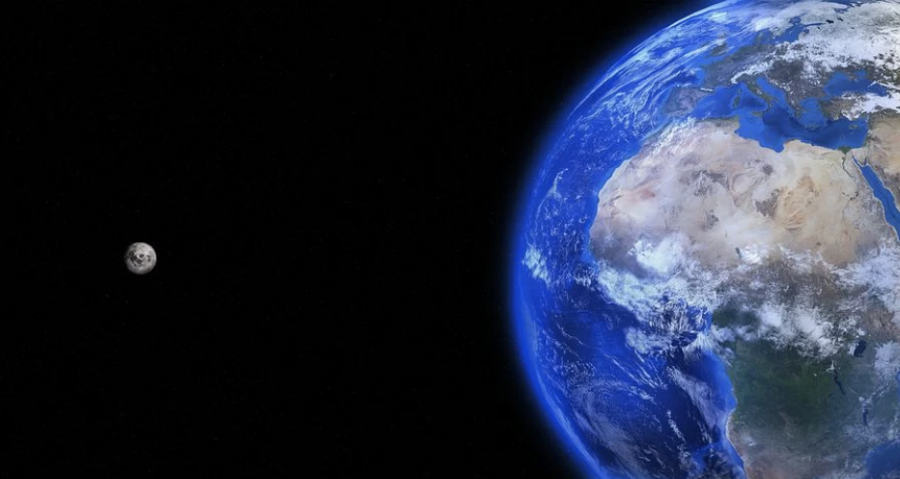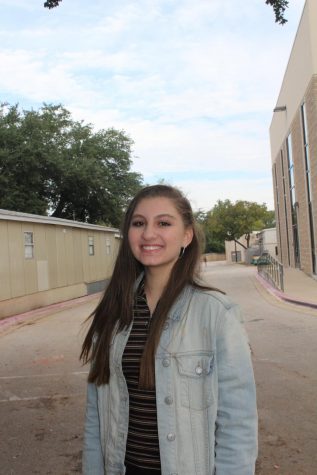World’s First Space Hotel to be Fully Operational in 2027
Pixabay.com
Voyager Station, a stay-in ambitious space hotel project is estimated to be built as soon as 2027.
April 24, 2021
It has been announced that the world’s first space hotel recently is on track to be fully operational in 2027. The futuristic idea comes to life as a rotating wheel orbiting the Earth and is described as the world’s first large-scale space construction.
“Because of the weightlessness and the reduced gravity, you’ll be able to jump higher, be able to lift things, [and] be able to run in ways that you can’t on Earth,” Tim Alatorre, a senior design architect at Orbital Assembly Corporation, said.
In 2019, a California-based company by the name of Gateway Foundation released their first plans to design a cruise ship-style hotel that could float above the Earth’s atmosphere. Then titled the Von Braun Station, they constructed a concept of 24 modules connected by elevator shafts that comprise a rotating wheel orbiting Earth. Now, as of 2021, the hotel’s new name is Voyager Station. It is set to be built by a new construction company, Orbital Assembly Corporation, and is run by a former pilot, John Blincow, who also controls the Gateway Foundation.
“We’re trying to make the public realize that this golden age of space travel is just around the corner,” Mr. Blincow said. “It’s coming. It’s coming fast.”
Unfortunate timing from COVID-19, it has caused delays but the construction of the space hotel is believed to be back on track to begin between 2026-2027.
“It’s going to happen fast when it starts,” Mr. Blincow said. “And we believe it’s going to happen a lot, too, even before we finish the first one. We have buyers for other stations because they’re very, very lucrative.”
A few years ago, as the initial designs were premiered, Mr. Alatorre explained the building aesthetic was a direct response to the popular movie 2021: A Space Odyssey, which inspired a blueprint of what to avoid.
“I think the goal of Stanley Kubrick[‘s movie 2021: A Space Odyssey] was to highlight the divide between technology and humanity and so, purposefully, he made the stations and the ships very sterile and clean and alien,” Mr. Alatorre said.
Mr. Alatorre and his co-workers wanted to bring a slice of Earth to space by adding chic bars and restaurants to the Voyager, to provide the experience of being in space while still enjoying the comforts of a regular room and board. However, there are still plenty of activities planned to offer and highlight the idea of being in space that are unavailable on Earth.
“The station rotates, pushing the contents of the station out to the perimeter of the station, much in the way that you can spin a bucket of water — the water pushes out into the bucket and stays in place,” Mr. Alattorre said.
The spinning wheel will be designed to mimic gravity, although there is no artificial gravity in the station’s heart, but the sensation becomes stronger as one moves outwards.
“The rotating structure will have artificial gravity, so tourists won’t float through the place like goo in a lava lamp or experience ‘moon-face’ — the head pressure-inducing, sinus-clogging effect caused by microgravity’s impact on the body’s fluid distribution,” Mr. Blincow said. “With their fluids where they’re supposed to be, hotel guests will be able to sleep, eat, shower, and use the restroom normally. That doesn’t mean staying at the space hotel will feel completely normal. Because you’re in lunar gravity, when you jump in the air, you jump five times higher.”
This hotel design may be one of Voyager Station’s most extravagant and ambitious. There are also hopes to develop research stations and provide prospects for space tourism and trade. Space tourism is becoming more and more of a popular topic as there are numerous companies trying to achieve the goal of being the ‘first space hotel’. As of now, the Voyager Station isn’t advertising a room rate, but it is expected to be an exorbitant price. Despite this, the Voyager Station says they eventually want to make their hotel equivalent to “a trip on a cruise or a trip to Disneyland.”
“[Eventually the goal is] to create a starship culture where people are going to space, and living in space, and working in space, and they want to be in space. And we believe that there’s a demand for that,” Mr. Altorre said.
The team working on this project explains the next stage is bringing more investors into the mix as well as continuing with ground tests.



